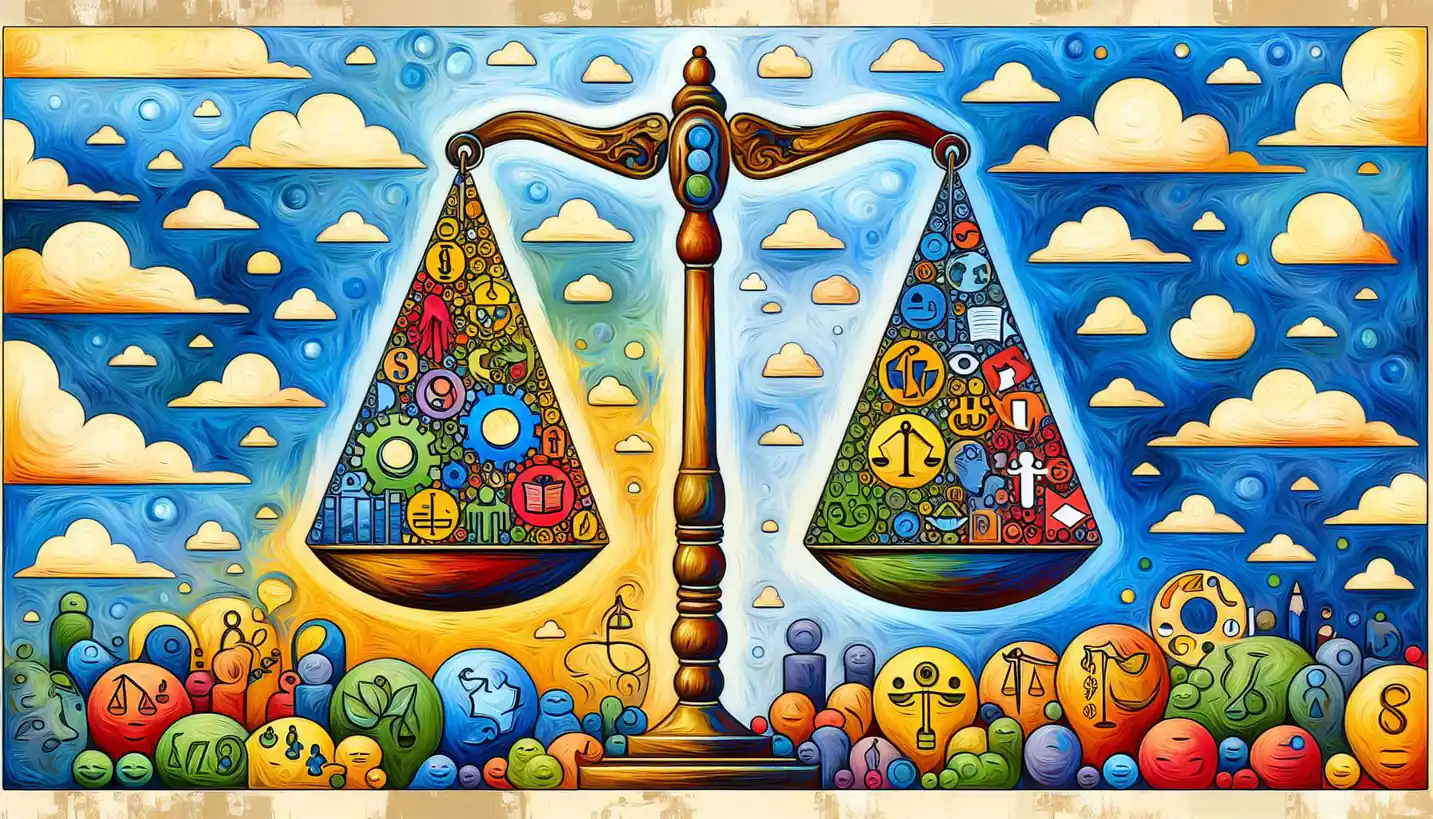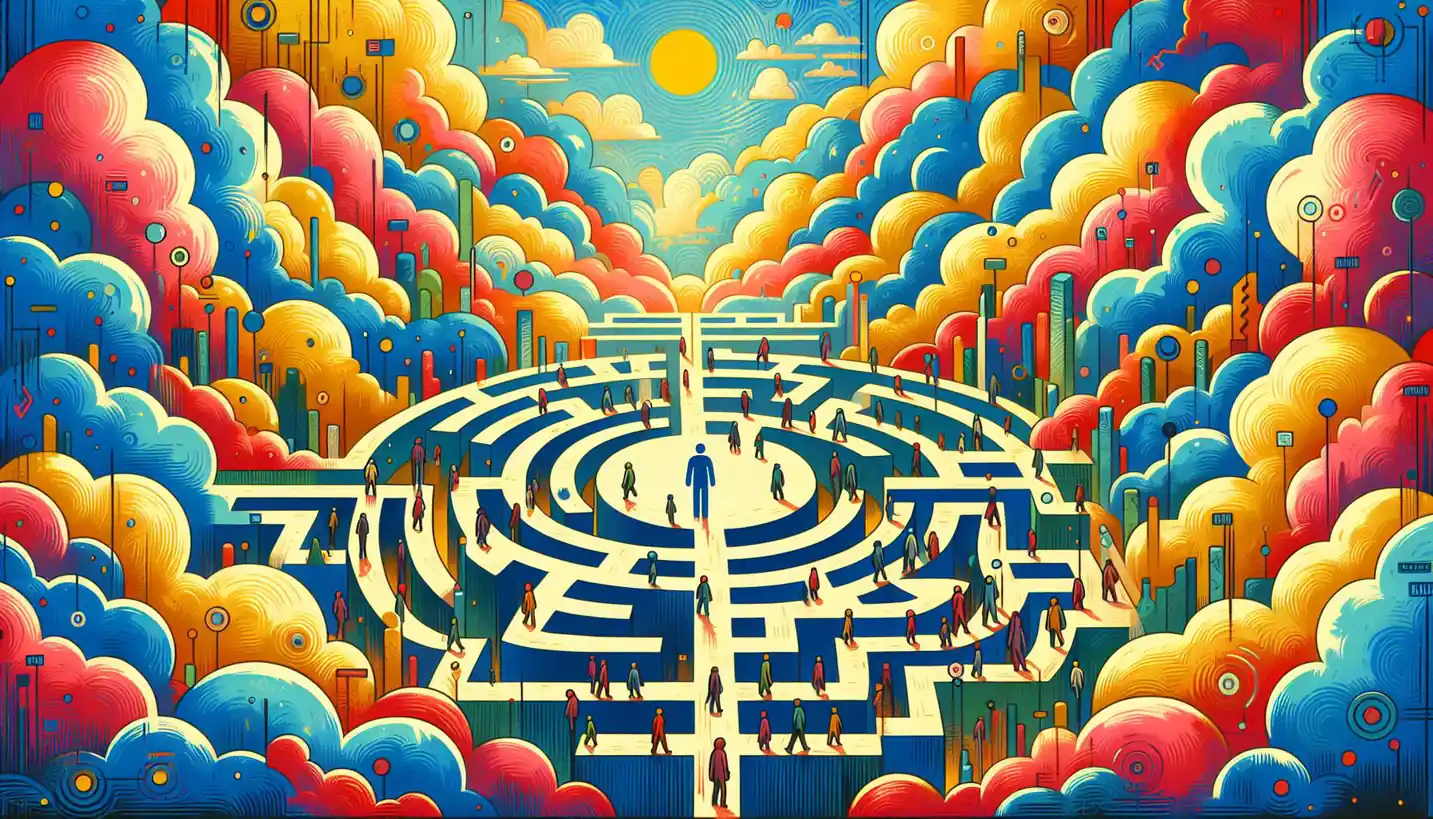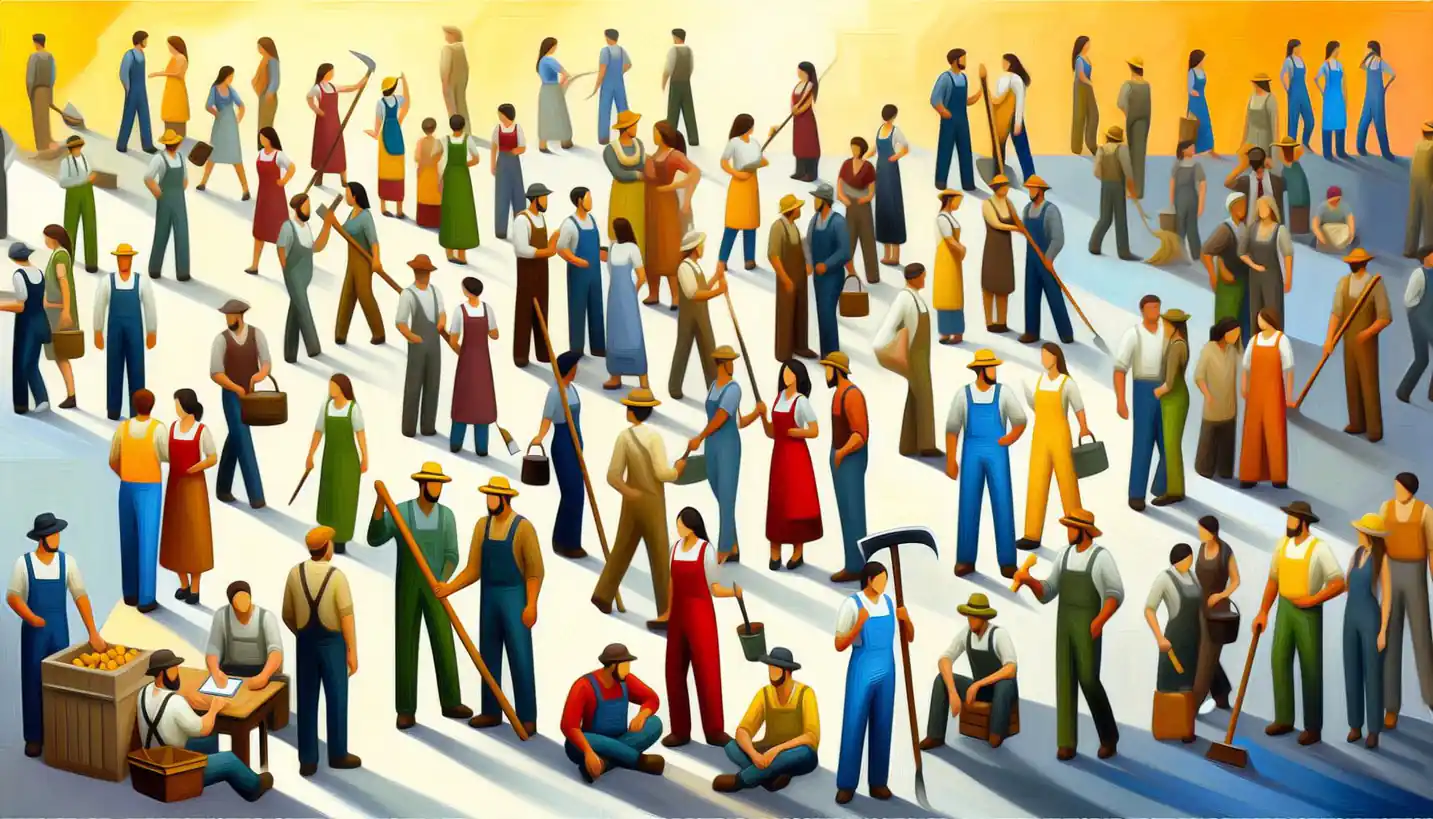· Sociology · 5 min read
Diaspora: A Journey Through Culture and Connection
The diaspora journeys highlight connections across cultures and continents. Delve into the enriching experiences of global communities and heritage.

Every now and then, we come across a concept that stitches together the fabric of human culture and history in a truly remarkable way. Diaspora is one such concept. It’s a compelling term used in race and ethnic studies that refers to the dispersion of people from their original homeland to different parts of the world. This movement creates a tapestry of culture, language, and identity that extends far beyond geographical boundaries.
Understanding diaspora involves more than just looking at maps and migration patterns. It’s about unraveling the stories of communities and individuals, exploring how they maintain their cultural roots while adapting to new environments. Let’s dive into what diaspora really means and why it’s an essential concept in sociology today.
The Roots of Diaspora
The journey of diaspora starts with history. The word itself is derived from a Greek term meaning “to scatter about.” It was initially used to describe the dispersion of the Jewish people beyond Israel. Over time, the meaning expanded to include various groups who left their homelands, either by choice or force, for economic, political, or environmental reasons.
Take, for example, the African diaspora. Millions of Africans were forcibly taken to the Americas during the transatlantic slave trade. Despite the harsh circumstances, their cultural influences have left an indelible mark on music, cuisine, and art across the globe. Similarly, the Irish diaspora, driven by famine and economic hardship, spread Irish culture far and wide.
These stories highlight the resilience and adaptability of human beings, crafting new communal identities while holding onto traditional roots. This balance between old and new is what gives the diaspora its dynamic character.
Culture in Motion
At its core, diaspora is a cultural journey. When people move, they bring their cultural practices, languages, and traditions with them. Think of it like planting seeds in new soil; the original essence is there, but it might grow differently depending on the environment.
Diaspora communities often face the challenge of preserving their cultural identity. In doing so, they enrich the cultural landscapes of their host countries. For instance, neighborhoods like Chinatown in many cities around the world reflect Chinese culture’s adaptability and endurance.
Moreover, diasporas don’t just preserve culture; they transform it. Blending traditions with those in their new surroundings creates unique cultural expressions. This fusion can be seen in the food we eat, the music we listen to, and the festivals we celebrate.
The Social Glue of Diaspora
Diasporas create social networks that serve as lifelines for their members. These networks can provide emotional support, help newcomers settle in, and facilitate economic opportunities. It’s like having an extended family in a foreign land.
However, maintaining these connections isn’t always easy. The pressure to assimilate into the dominant culture can be intense. Individuals often grapple with dual identities, feeling like they’re living between two worlds. This balancing act can lead to the creation of hybrid identities that are neither here nor there, but something entirely unique.
Diaspora also plays a significant role in global politics and economics. Remittances, the money sent back home by diaspora communities, are a crucial source of income for many countries. And on the political stage, diasporas can influence the policies of both their host and home countries, advocating for human rights, trade agreements, and more.
Challenges and Triumphs
The journey of diaspora isn’t always smooth. People who migrate often face discrimination, cultural misunderstandings, and barriers to social and economic mobility. These challenges can test the resilience of diaspora communities.
Yet, it’s precisely these trials that often lead to triumphs. The creativity born from adversity has given rise to remarkable cultural and social innovations. Shared challenges can strengthen community bonds and inspire movements for social justice and equality.
A poignant example is the civil rights movement in the United States, where African Americans, whose ancestors were part of the African diaspora, led the charge for justice and equality. Their efforts have not only transformed American society but have also resonated worldwide.
The Future of Diaspora
As we look to the future, the concept of diaspora continues to evolve. Globalization, advancements in communication technology, and ease of travel mean that diasporas are no longer confined to physical relocation. Virtual communities and digital diasporas are emerging, maintaining cultural connections across vast distances with the click of a button.
Think of how social media platforms have allowed people to celebrate cultural festivals, share music, and even cook together, no matter where they are in the world. These digital connections offer a new avenue for cultural exchange and identity formation.
Moreover, as the world faces challenges like climate change and political instability, the movement of people is likely to increase, creating new diasporas and expanding existing ones. Understanding and embracing the diversity within these communities will be key to building a more inclusive and harmonious global society.
Why Diaspora Matters
So, why is the study of diaspora so important? It’s because diasporas are living, breathing examples of how interconnected our world is. They remind us that cultures are not static; they grow and evolve through interaction.
Diaspora also emphasizes the importance of empathy and understanding. Learning about different cultures, their challenges, and their contributions enriches our own lives. It encourages us to think beyond borders and recognize the shared humanity that connects us all.
In essence, diaspora is a story of survival, adaptation, and innovation. It’s a testament to the human spirit and its ability to thrive amidst change. As we continue to explore this fascinating concept, it opens new doors to understanding the complex tapestry of our global society.
In conclusion, whether it’s through the food on our plates, the music in our ears, or the stories shared between generations, diaspora touches every aspect of our lives. By studying and appreciating these cultural journeys, we gain insights into the past, improve the present, and enrich our future. That’s the true power of discovery in the journey through culture and connection that is diaspora.


